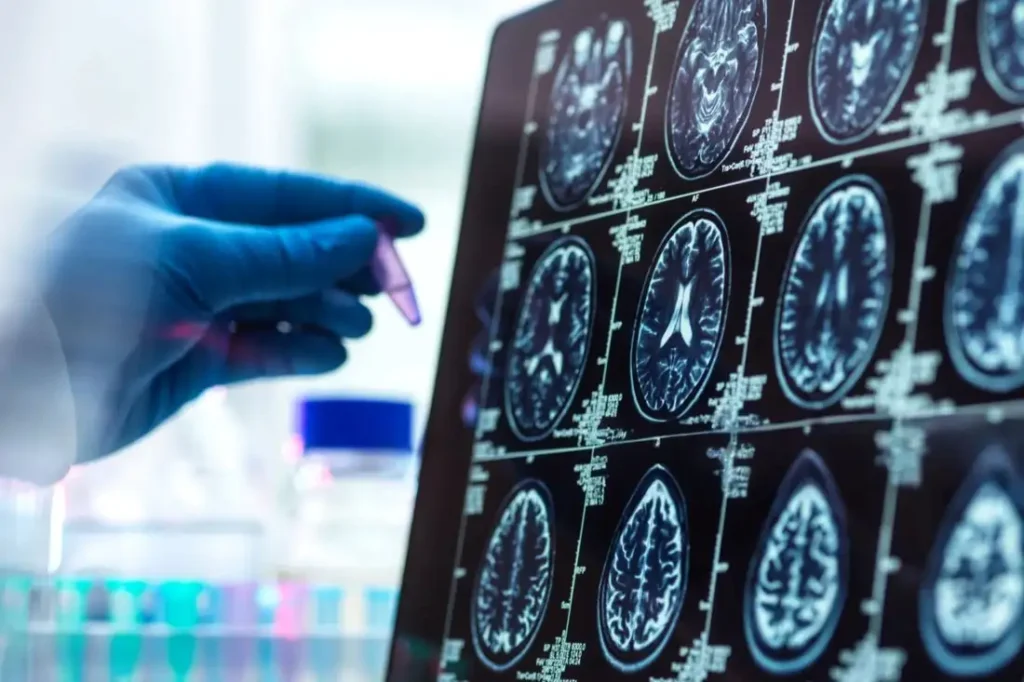Dementia remains one of the UK’s most devastating health challenges, leading to loss, decline, and death. It is currently the biggest killer in the UK, with cases expected to rise dramatically.
Recent figures show 982,000 people are living with dementia, projected to reach 1.4 million by 2040.
Advances in Dementia Treatment
For decades, progress in dementia treatment was slow, but that is changing.
Alzheimer disease, the most common form of dementia, now has therapies that can slow disease progression.
These treatments target amyloid plaques in the brain, reducing damage and delaying symptoms, although they do not cure the disease.
Currently, such treatments are not yet approved by the NHS, but 182 clinical trials are ongoing worldwide, exploring amyloid, tau proteins, inflammation, and other targets.
Read also: Somalia and EMPHNET Sign A New MoU – How Will This MoU Improve Health Sector?
Early Diagnosis and Blood Tests
Accurate diagnosis remains a key challenge.
While memory tests confirm dementia, only 2% of patients receive tests to determine the specific type.
Alzheimer Society is supporting research into blood biomarkers, including studies on p-tau217, which could allow cheap, non-invasive early diagnosis.
Early detection is critical, as disease-modifying treatments are most effective in the early stages, allowing patients to access care, plan for the future, and reduce the risk of emergency interventions.
Technology and Dementia Care
Innovations in technology are improving quality of life for patients.
One example is Recreo VR, a dementia-friendly virtual reality headset.
Its lightweight design allows patients to revisit memories, such as family holidays, sparking conversations and emotional engagement even in nonverbal patients.
This technology is already being used in care homes across the UK.
Alzheimer Society also provides support for families through online communities, telephone lines, and social groups, helping loved ones cope and enhancing societal awareness of dementia.
Huge Progress in Dementia Treatment
Although a cure remains a long-term goal, significant progress is being made.
Innovations in AI, virtual reality, and biomedical research are transforming how dementia is treated and managed.
“If you shift back the onset of symptoms and slow disease progression, dementia could become a chronic condition that is manageable, rather than a death sentence,” says Oakley.
With continued research and technological advances, the future may bring a world where dementia is a condition that can be lived with, rather than feared.
Source: New Scientists








